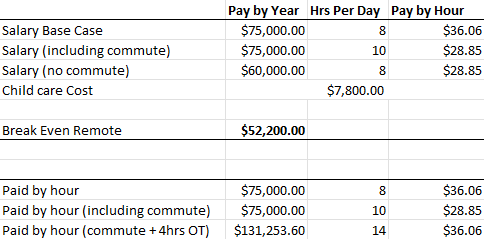EYJONAS!
Well-known member
- Joined
- Mar 17, 2017
- Messages
- 6,796
Pfft say no more. I'm on my way. I didn't know you were moving.You office guys have it rough. I'd give a left and a right for a qualified carpenter or two that could work on muti-million dollar custom homes. mtmuley
Is fuel and meals covered? Kind of a real bitch on the cc right now.






